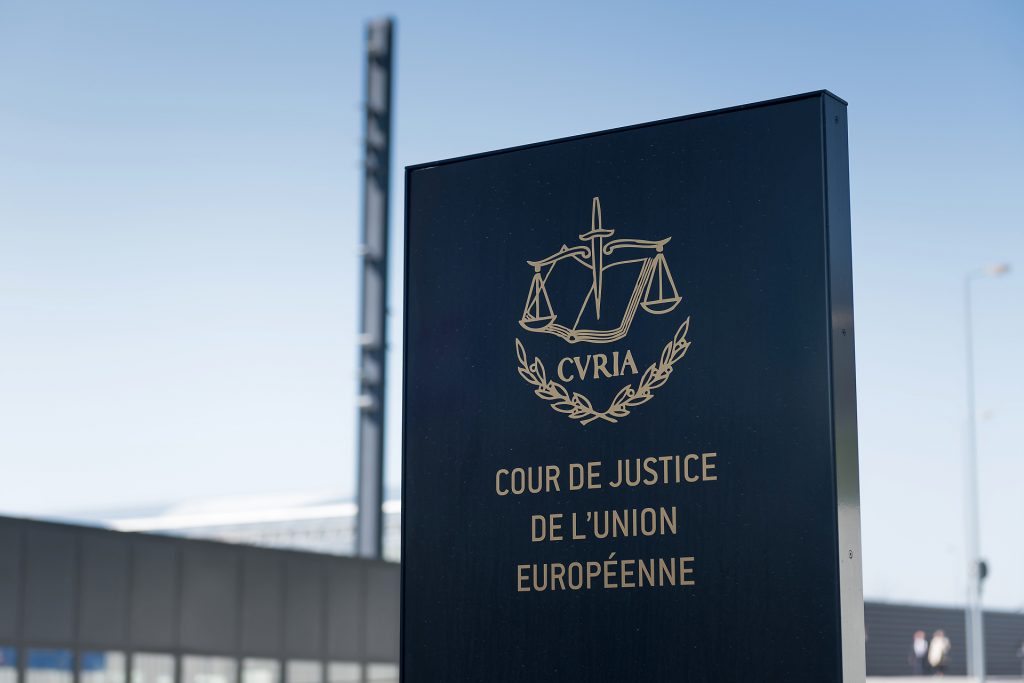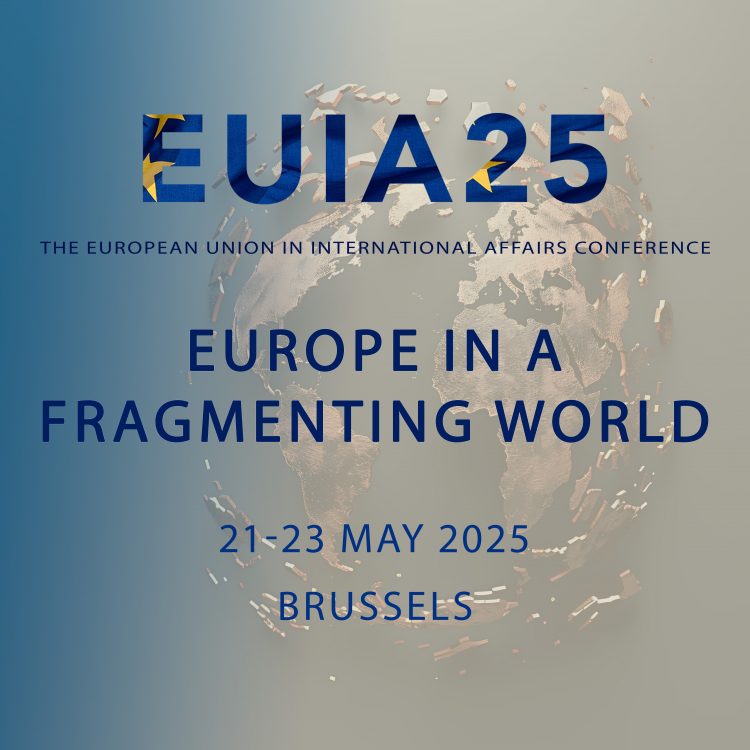AFSJ covers an enormous range of legislations and has seen a proliferation of tools and agencies. The EU’s area of freedom, security and justice is a vivid area that has not only an internal but also an external dimension in relation with third countries.
Three courses to understand the Area of Freedom, Security and Justice
If you are currently looking to sharpen your knowledge and skills about the AFSJ in light of the major shifts relating to rule of law, the EU’s migration and asylum policies, and criminal justice in Europe, our Executive programme in EU studies is for you. It is specifically designed for professionals in search for a flexible training programme in EU affairs.
The module “Area of Freedom, Security and Justice”, starting in early March 2020, is open for enrolment and is tailored to address the key issues covered by this EU policy launched under the Amsterdam Treaty in 1999.
Each course is conceived as a reflexion on current challenges for the EU as a player in migration and asylum, police cooperation, judicial cooperation in criminal matters, the approximation of legislation, and as a major actor to enforce rule of law across its territory.
Registration for the Executive Master, its modules or particular courses is completed online
EU Law and Policy in Migration and Asylum
In an interview with German daily Bild, new European Commission head, Ursula von der Leyen, said she was ready to overhaul the EU’s Dublin convention, under which asylum seekers must lodge their requests in the first EU country they set foot in.
With a new migration package from the European Commission most likely to come under the beginning of the German presidency of the Council of the EU (starting in July 2020), and divisions amongst EU member States on how to deal with asylum, she declared that “It must be our goal to become a model of how migration can be managed sustainably and with a human approach, but effectively”.
With many challenges and changes coming ahead, it is key for EU affairs professionals to acquire a global knowledge and understanding of the institutional and policy framework of the EU regarding asylum and migration; as well as being aware of the main legal and political issues at stake in those areas. This course aims at covering the most important elements of the European migration and asylum policy.
The professor: Philippe De Bruycker
Philippe De Bruycker (PhD in Law) teaches this course. He is Jean Monnet Chair for European Law on Immigration & Asylum and Professor at the Institute for European Studies and the Law Faculty of the Université libre de Bruxelles (ULB). After having extensively published on issues of constitutional and administrative law as Head of the Centre for Public Law in ULB till 1999, his books and articles now focus on Immigration and Asylum Law with a special emphasis on its EU dimension.
“It’s not a crisis of numbers. It is a crisis of policy-design, of allocation of responsibilities and ultimately an institutional crisis.”
The EU Area of Criminal Justice
This course aims at giving a complete overview and analysis of the evolution of the institutional and decisional framework of police cooperation and judicial cooperation in criminal matters. Various elements of the EU Area of Criminal Justice are covered under this topic, such as: mutual recognition instruments in criminal matters such as the European Arrest Warrant, the approximation of legislation; and the establishment of EU actors relevant to the field.
Participants will learn the basic objectives and main components of these policies; the specificities of the institutional framework; understand the methods used by the EU institutions to implement these policies; and be informed of some of the last important policy developments and/or future perspectives.
“Europol is much more powerful than Eurojust, and this creates a dangerous imbalance between police and justice. And this is not only the case at the EU level, this is a deep and strong trend for the time being at all levels. “
The professor: Anne Weyembergh
Anne Weyembergh, Professor at the Université Libre de Bruxelles (ULB) and President emeritus of the Institute for European Studies of the ULB teaches this course. She founded and co-coordinates the European Criminal Law Academic Network (ECLAN) since November 2004.
The Rule of Law in the European Union
Over the last decades, transformations in Poland, Hungary and Romania have put the question of European values on the EU agenda. The changes made to the judicial systems in these countries have brought some researchers to believe that the EU is facing an existential crisis.
This course provides a thorough analysis of the current rule of law challenges in the EU. Based on a case-study approach, this “Jean Monnet” course aims to examine recent evolutions at the EU level, by looking at how the EU seeks to safeguard common norms and values. It focusses on rule of law approaches in global and European governance, the main tools developed by the EU and a set of concrete cases that allows participants to understand the political and legal issues at stake.
“This course is not only designed for political scientists or lawyers. It is designed for all those in Brussels, or even at the national level, deal with this question directly or indirectly.”
Participants will have the opportunity to follow this class on the Rule of Law in the European Union – which is now one of the top priorities for the EU to deal with. It is a great fit for participants interested in gaining an in-depth knowledge on the role of the rule of law in global and European governance, the EU’s tools designed to safeguard the rule of law in internal and external policies, and in the political and legal implications of the rule of law crises in the EU.
The professor: Ramona Coman
Ramona Coman is President of the Institute for European Studies since 2019 and Associate Professor in Political Science at the Université libre de Bruxelles (ULB). She teaches Decision-making in the EU, Rule of law and mutual trust in global and European governance and Methods, theory and research in Political Science (training designed for PhD Students). Her main research areas include governance in the EU, Eurozone crisis, rule of law and judicial reforms in Central and Eastern Europe, enlargement, Europeanization and resistances to EU integration.
Do you have any other questions? The Student Affairs Office can help. Please contact Olga Minampala at +32 (0)2 650 33774 or meus.iee@ulb.ac.be for information regarding our Executive programmes.




